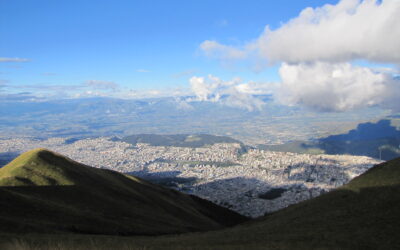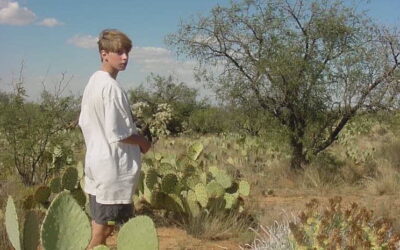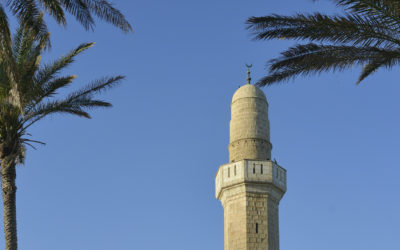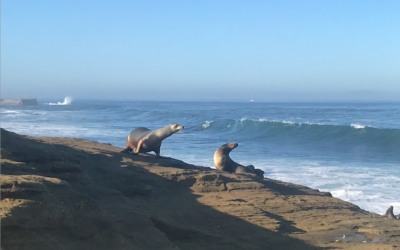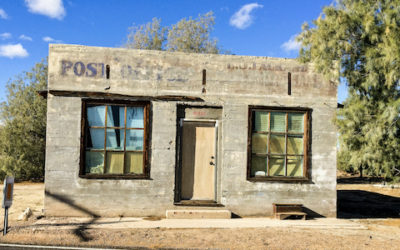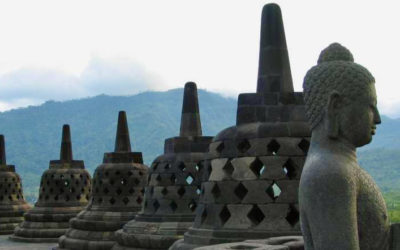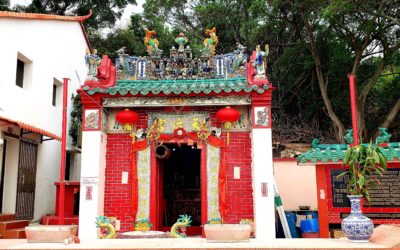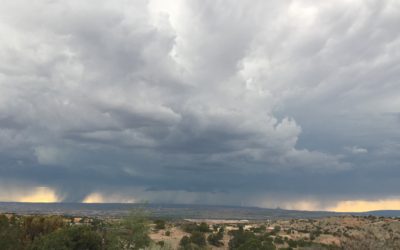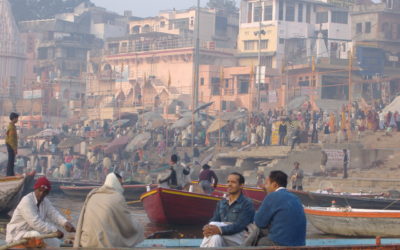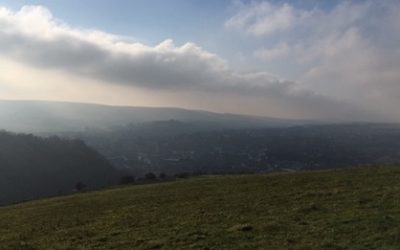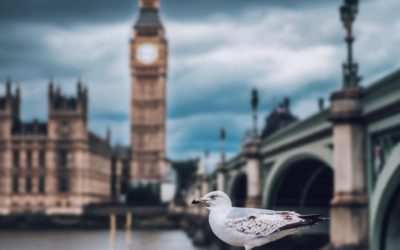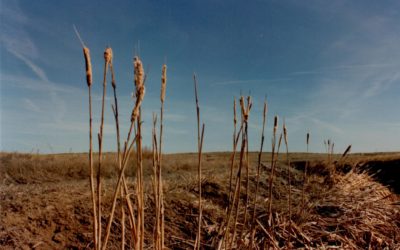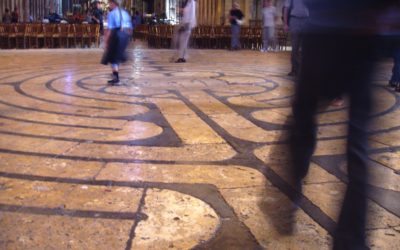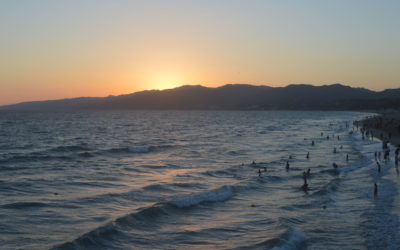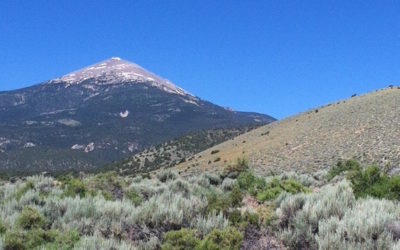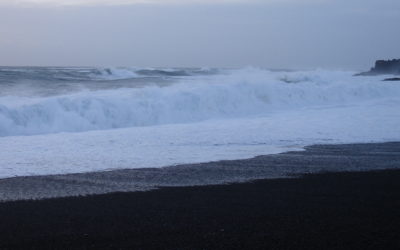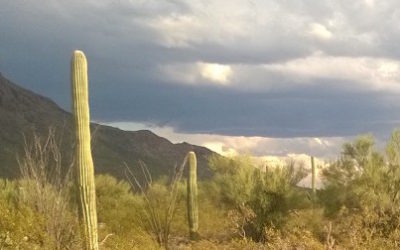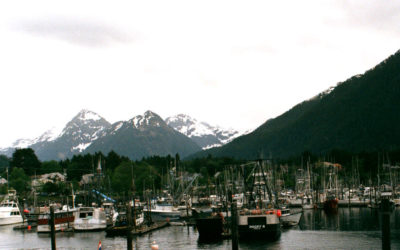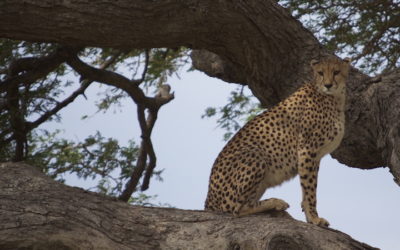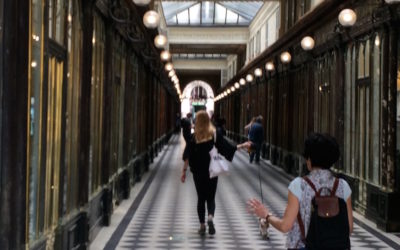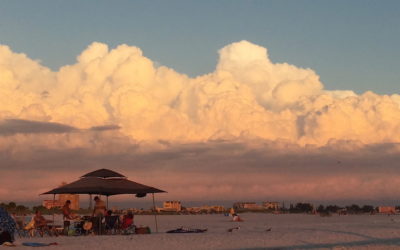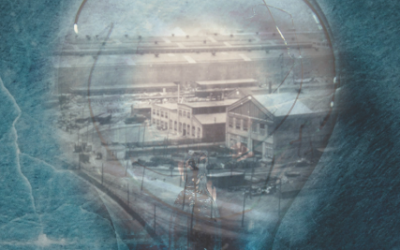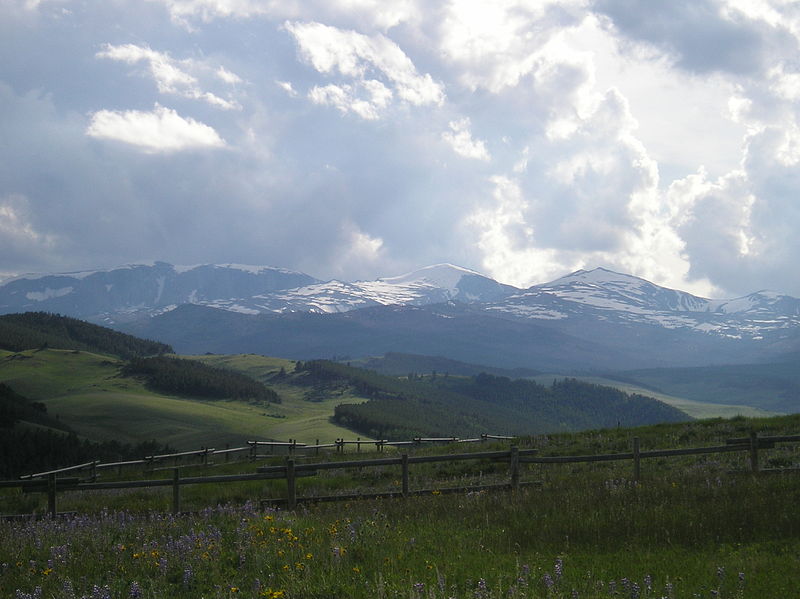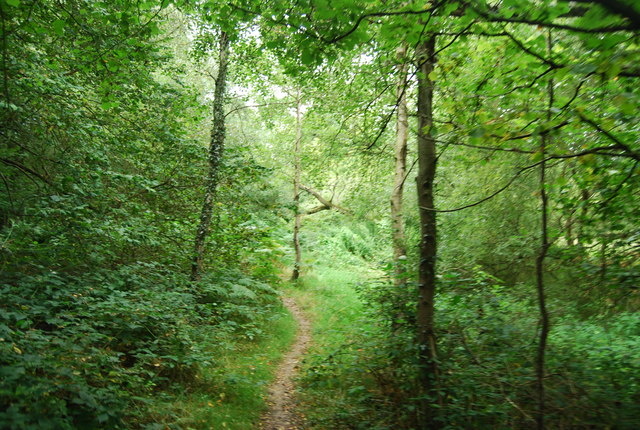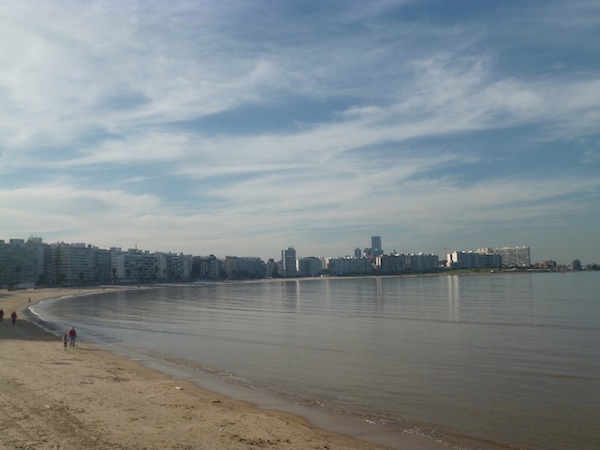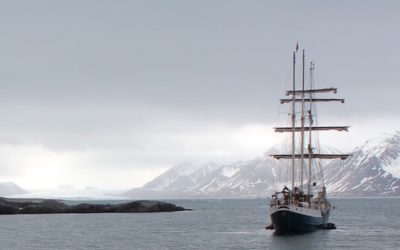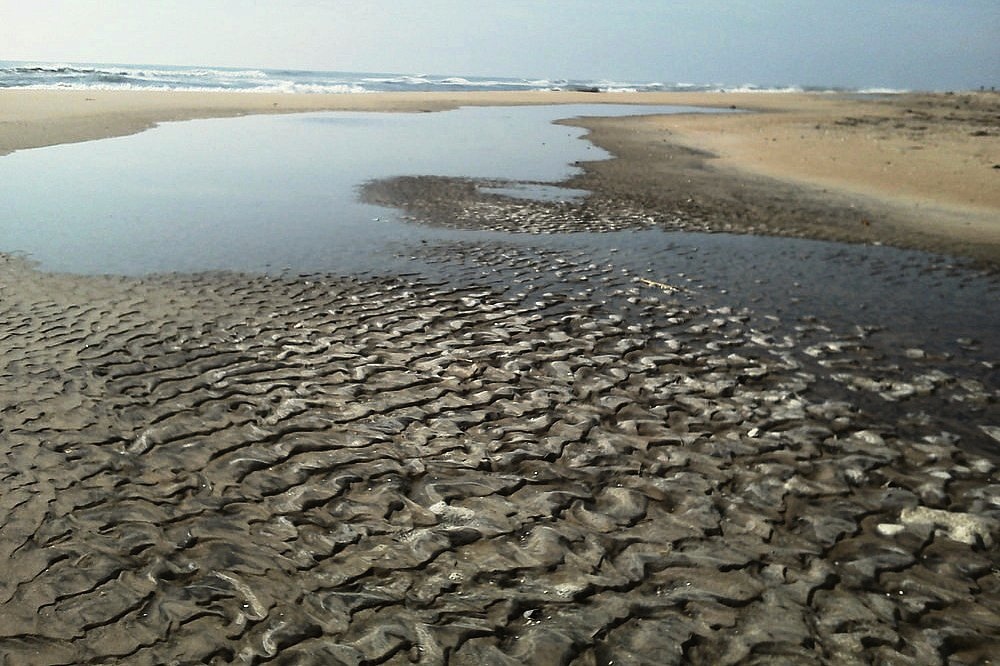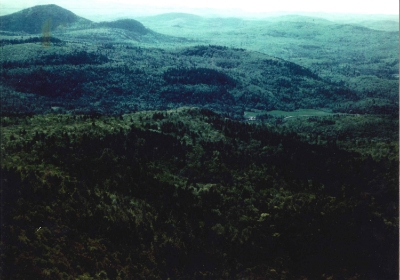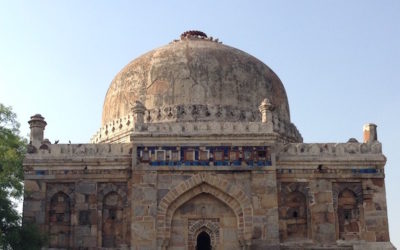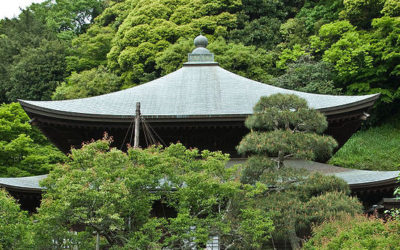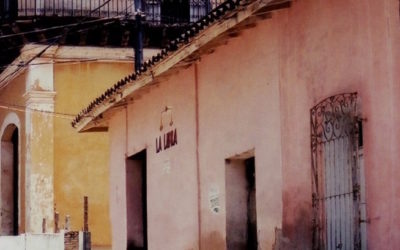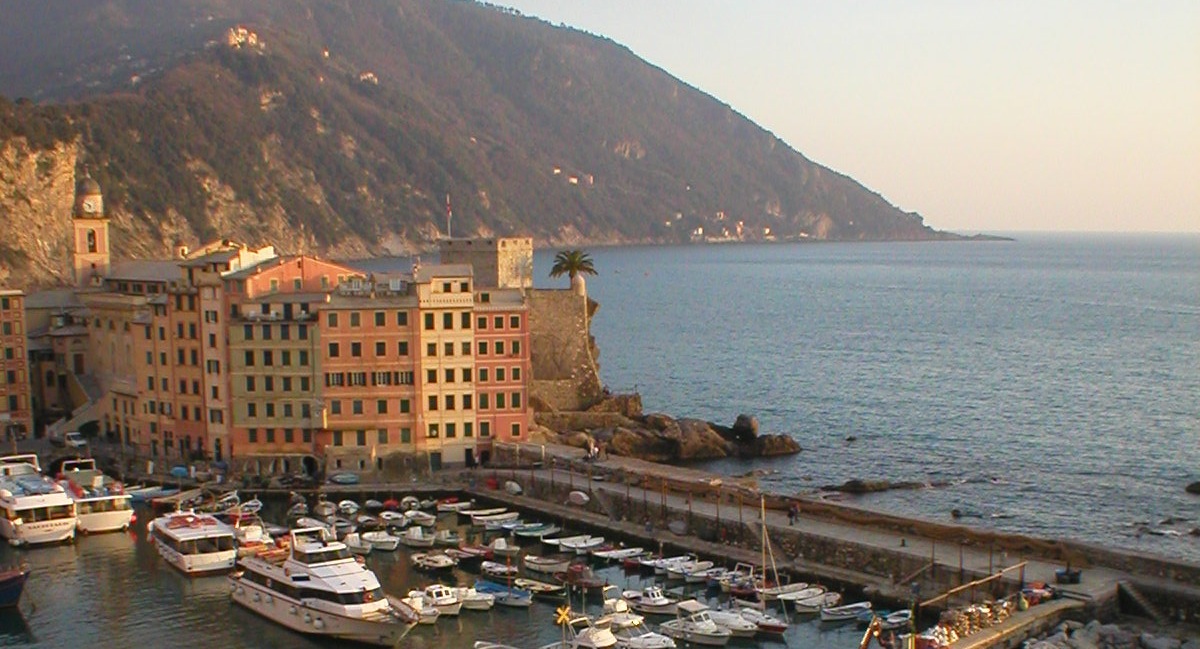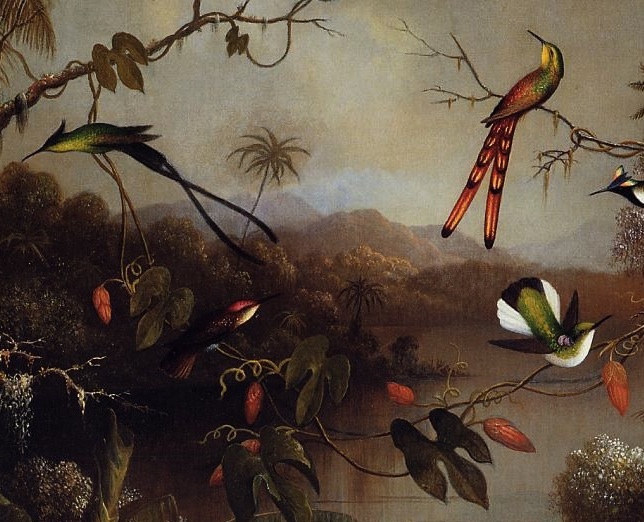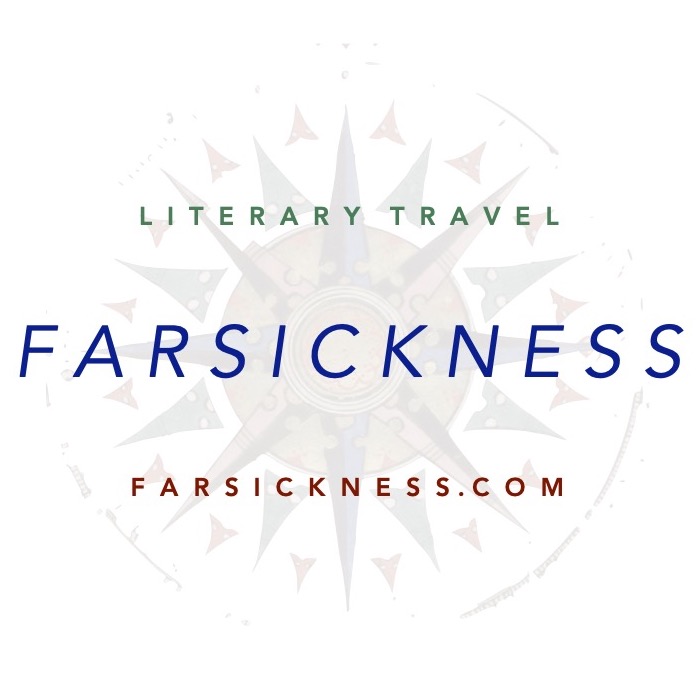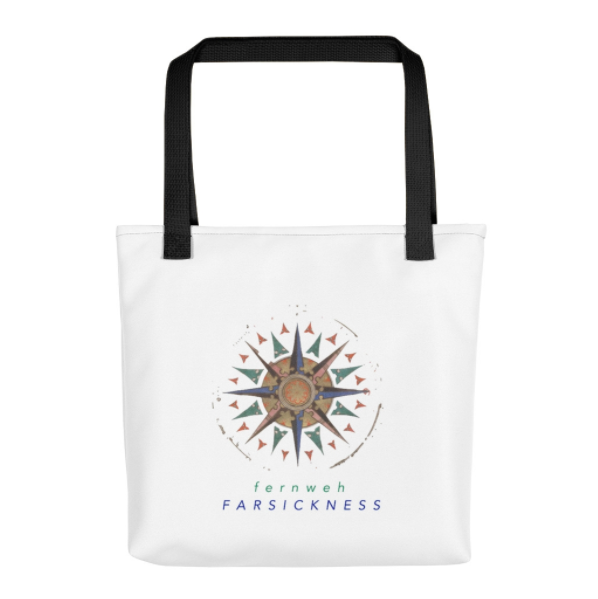“One of my friends studied in Quito years ago and said it was strange, how many people looked like me; she thought she saw me everywhere. I want to experience that combo of strangeness and familiarity for myself.”
Four Questions on Farsickness: Zoë Bossiere
“Out there, the boys and I became outlaws on the run, staking out a spot to spend the night…We became the desert animals, the howling packs of coyotes and screeching herds of javelina. In the desert, you could be anything or anyone and that’s what I loved about where I grew up most of all.”
Four Questions on Farsickness: Jennifer Lang
“What inspires my work—my muse—isn’t travel as much as my permanent residence, in the center of one of the world’s smallest, most misunderstood, most complicated, perhaps most contested and surprisingly heterogeneous countries: Israel.”
Four Questions on Farsickness: Jenny Sadre-Orafai
“I saw sea stars clinging on sea stacks and tufted puffins walking like older men. It always comes back to water and animals and seeing animals in their habitats unbothered by humans.”
Four Questions on Farsickness: Jill Talbot
“I can’t remember a time when I didn’t want to be Elsewhere, anywhere other than where I was, and not because there was anything wrong with Here.”
Four Questions on Farsickness: Cecile Pineda
“Although my travel throughout Europe had been extensive, I was over 50 when I visited Borobudur on Java. On the plane coming home, words starting coming in a rush, so fast I was hardly able to keep up.”
Four Questions on Farsickness: Heather Diamond
“In each place I have been immersed in new circles of friends, new families, and new ways of thinking. I’ve been forced to introspect, not always willingly, and have had to figure out how to belong all over again. My work reflects the resultant struggles and epiphanies.”
Four Questions on Farsickness: Anne Goldman
“I will never forget the sense of intoxication I felt each time I chose a new Underground station at which to surface from the darkness of the tunnels and found myself in the often cloudy light at some storied monument or iconic lane or mews or crescent or street.”
Four Questions on Farsickness: Suzanne Roberts
“Travel in general has been inspirational to me, whether that’s been my own backyard or on the other side of the planet, but when I look at where most of my writing is concentrated, it’s in Latin America, India, and the UK.”
Four Questions on Farsickness: Lulah Ellender
“Brook Farm is the place that most has my heart. When we had to leave I felt utterly bereft and the house haunted me throughout my life: I would dream that somehow I would win it back…”
Four Questions on Farsickness: Patrick Hicks
“I think being the child of an immigrant means that you’re hardwired with a sense of farsickness. There’s a longing for that other home, that other culture.”
Four Questions on Farsickness: Steven Wingate
“A car could not only get you from one place to another, but actually take you from being one person to being another.”
Four Questions on Farsickness: Cynthia Hogue
“For the past twenty years, I have gone every year to France, and after a very intense period of personal loss, I began to make pilgrimages to some of the sacred sites like Chartres Cathedral…”
Four Questions on Farsickness: Joan Frank
“Looked back upon, the period spent in Hawaii proved something close to miraculous, in that it gave me permission to create a life on my own terms.”
Four Questions on Farsickness: Courtney Kersten
“According to the last count, Baker’s population was sixty-eight people. It’s all wind, dust, and wild sage. It was beautiful and terrifying. I would wander around the scrub and think about how fragile life is.”
Four Questions on Farsickness: Claire Polders
“No longer immersed in the culture in which I am raised, I’m able to see my surroundings better. As a writer, I like being the stranger, the one who doesn’t fit in and scrutinizes society from the sidelines.”
Four Questions on Farsickness: Neil Mathison
“I love other places – Paris, Hawaii, Rome – but nothing lies deeper within me than the West.”
Four Questions on Farsickness: Caroline Goodwin
“I remember lying on the frozen lake in the winter and watching the aurora borealis as the ice cracked and boomed…”
Four Questions on Farsickness: Patricia Colleen Murphy
“…the most extensive writing project I did based on place was a series of ten poems about a trip to Tanzania to climb Kilimanjaro and to safari in Ngororgoro crater…”
Four Questions on Farsickness: Heather Hartley
“Paris, for me, after having lived there so many years, gives a sense of permanence and rootedness to my work. It feels like home, as do Napoli and Charleston…”
Four Questions on Farsickness: Lenore Myka
“I’m interested in how we embrace or bump up against those aspects of our environment that challenge us. I’m embodying those ideas right now…”
Four Questions on Farsickness: Elizabeth Rosner
“In that place—as far from home as I could get without leaving the planet—I began to envision myself as a writer…”
Four Questions on Farsickness: Evan Morgan Williams
“I am from a West that has resonated with me: empty highways, scree slopes, prairie vistas, river bottoms, rainy seashores, Barry Lopez short stories, Elton Bennett prints…”
Four Questions on Farsickness: Rayme Waters
“A day at the creek was sometimes strange—I would lose track of time and my play focused on witchcraft, survival and death, but I couldn’t wait to go back…”
Four Questions on Farsickness: Carolina De Robertis
“I was an immigrant kid, first in Europe and then in the U.S., and this gave me a constant pervasive sense of there being an ‘elsewhere’…”
Four Questions on Farsickness: Stacy Carlson
“I boarded the tall ship Antigua and sailed for two weeks up the west coast of Spitsbergen, the largest island in the Svalbard archipelago…”
Four Questions on Farsickness: Renée Thompson
“The open spaces of Montana and Wyoming infused me with the desire to write a third novel…”
Four Questions on Farsickness: Joelle Biele
“I was a Fulbright professor in Oldenburg, staying for a year, and the room I rented was in the town’s very tiny red light district, arranged by my boss as, I think, a kind of joke.”
Four Questions on Farsickness: Micah Perks
“The commune smelled of cow manure, unwashed hair. We held pig roasts, ran through the woods in fifty person games—it was wonderful and chaotic.”
Four Questions on Farsickness: Tania Malik
“Even now, whenever I am at an airport, I still experience a mixture of longing and excitement, the feeling that I am on the cusp of something extraordinary.”
Four Questions on Farsickness: Mari L’Esperance
“I have to say that my time spent in Japan has been my core inspiration. Having had a mother who was born and raised there, the place and the culture are part of me…”
Four Questions on Farsickness: Alden Jones
“Some people travel to see new places and get focused on the next place, and the next, but I love revisiting places that hold memories.”
Four Questions on Farsickness: Valerie Fioravanti
“As a child, I suffered from ‘anywhere but here’ syndrome, even though I was raised among people who thought a crosstown bus could take you too far away from home.”
Four Questions on Farsickness: An Author Interview Series
Four Questions on Farsickness is an interview series with creative writers for whom place is essential to their work.

